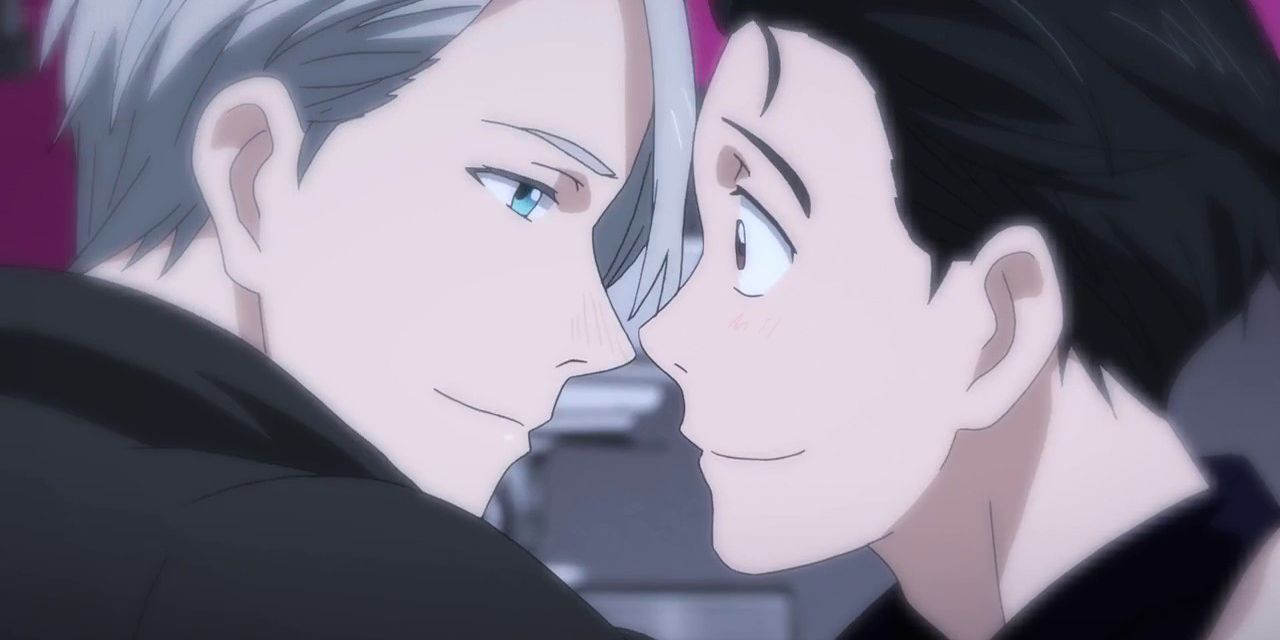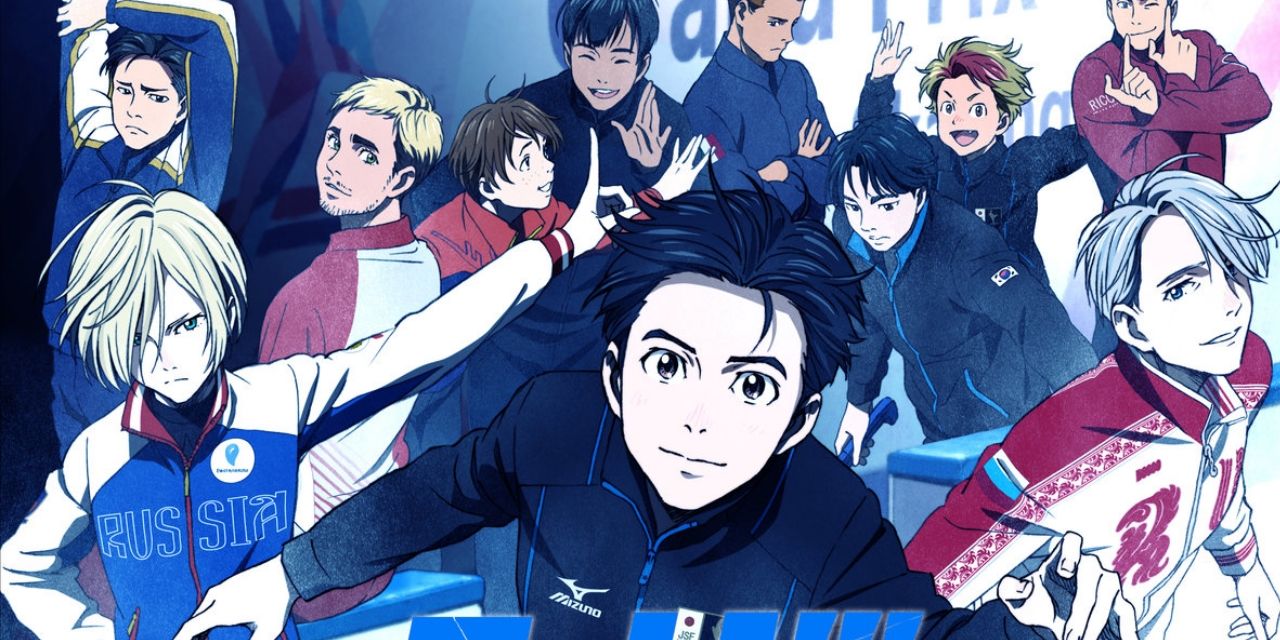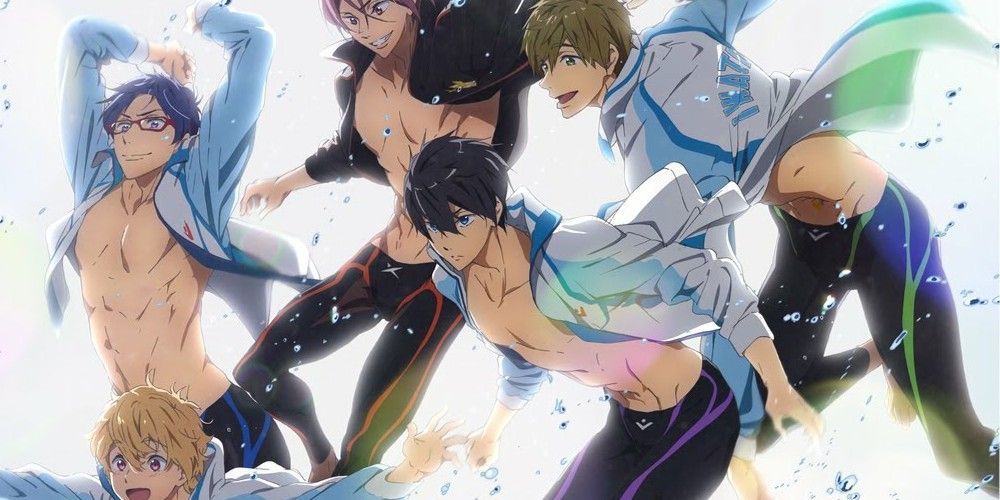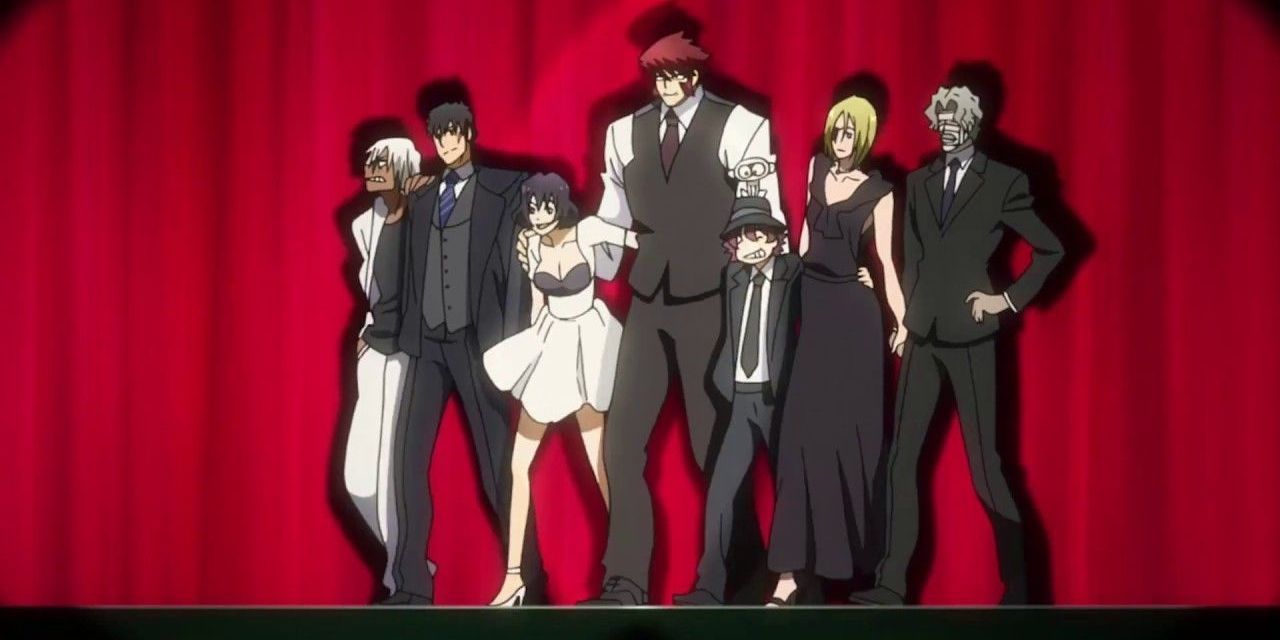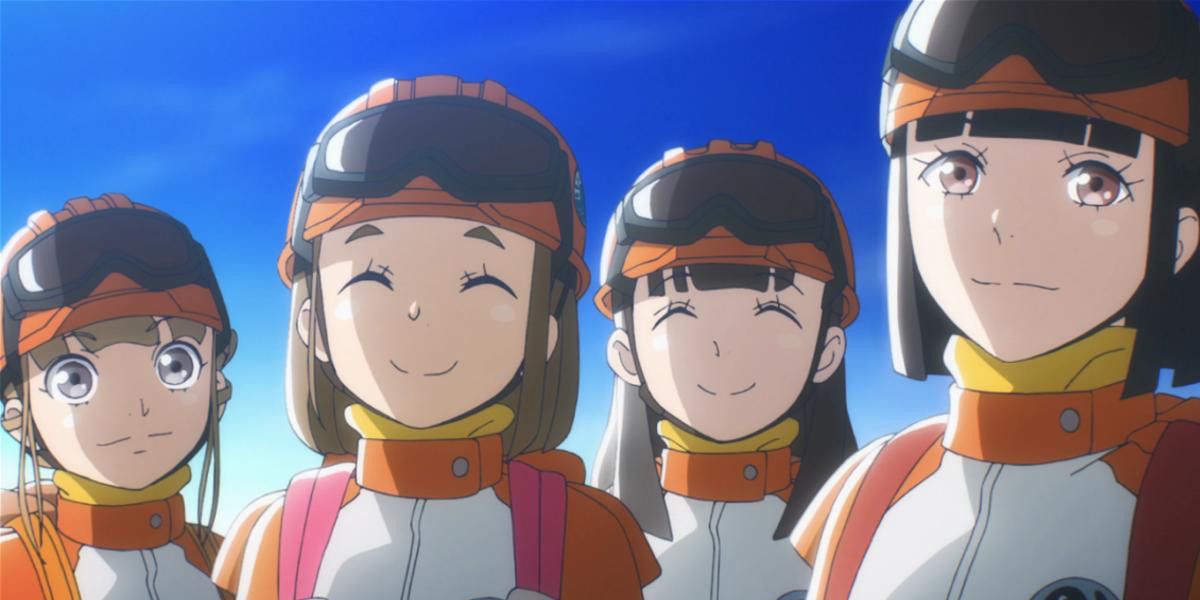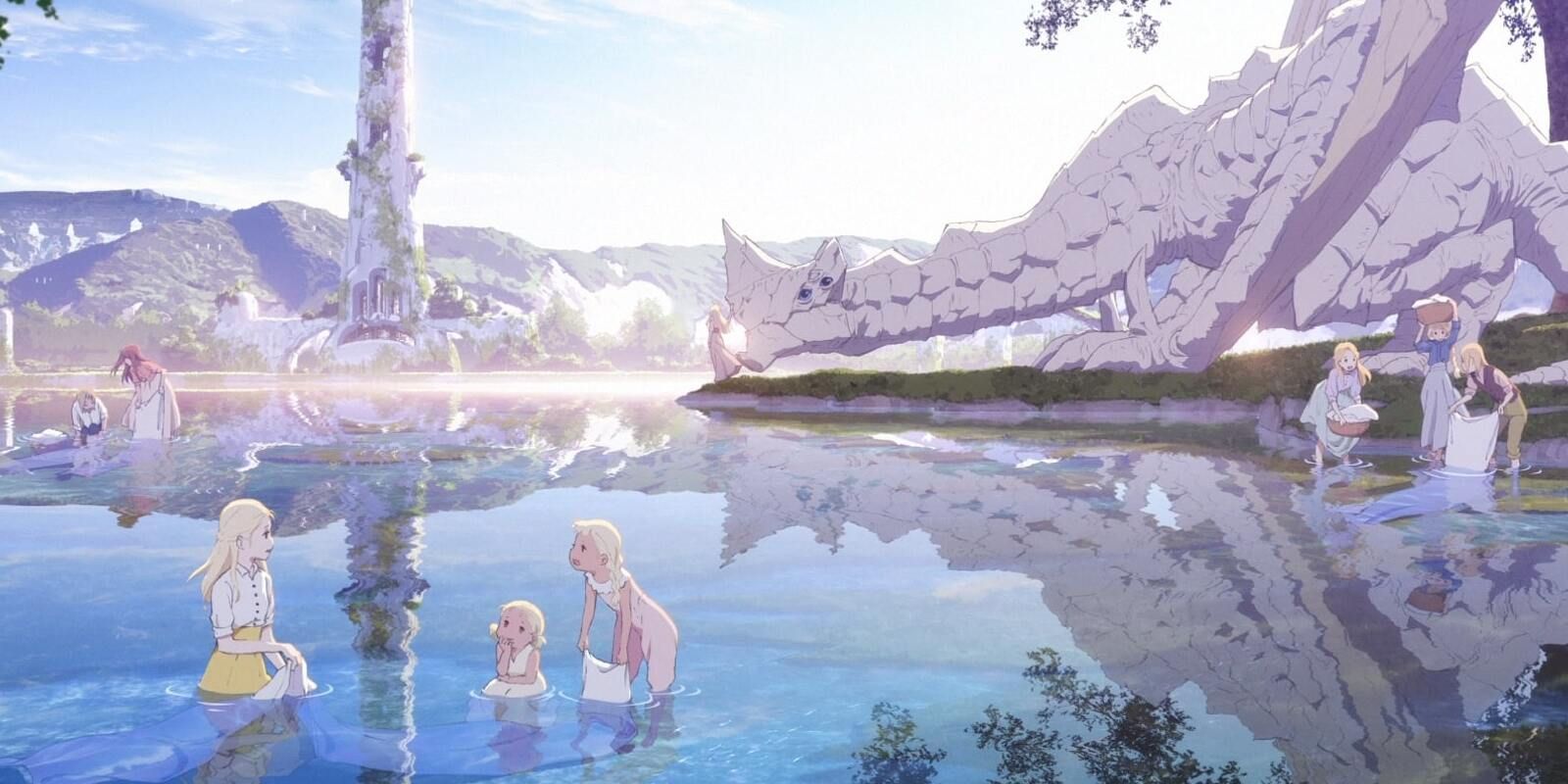While manga written by women have long been commonplace and are too numerous to count, the number of anime directed by women is a smaller one. Women are underrepresented in the anime industry in general, and few have managed to break through to direct their own series or movies. There has been some positive momentum for female directors in recent years, though, and some of their works have been massive hits.
In honor of Women's History Month, here's a list of six of the best anime directed by women. We're only looking at series or movies in which a woman is the primary director. For the sake of brevity, we're also only listing one anime per director, though many of these directors are responsible for multiple anime worth watching and we will discuss some of their wider careers in the entries.
YURI!!! ON ICE
The most famous female anime director has to be Sayo Yamamoto. All three of the series she's directed so far are highly recommended. Michiko & Hatchin is a mature adventure series with a sense of cool akin to Cowboy Bebop, and Lupin III: The Woman Called Fujiko Mine is a dark and subversive reinterpretation of the classic Lupin III franchise.
Yamamoto's biggest break-out hit, however, is the figure-skating romance anime Yuri!!! On ICE. It can't be overstated how big a deal this was in the Fall of 2016. YOI was the rare sports anime to become universally beloved within that sport's community, and the rare non-Boys Love anime to tell an unapologetic love story between two men. It swept the first-ever Crunchyroll Anime Awards. Fans still await the long-delayed Ice Adolescence movie.
LIZ AND THE BLUE BIRD
Naoko Yamada is the other most celebrated woman auteur in anime. She's one of the key creative figures at Kyoto Animation, the high-end studio currently in the process of recovering from a terrible arson attack. Her slice-of-life comedy K-On! was one of the studio's biggest money-makers, and her feature film, A Silent Voice, received significant critical acclaim.
Perhaps the best showcase of her directing talents is another feature film of hers, Liz and the Blue Bird. This is a spin-off of the Sound! Euphonium series (which she co-directed with Tatsuya Ishihara), but it does not require any background knowledge of said series to enjoy. In the hands of a less talented director and animators, this low-key story about two girls in a brass band could be a snooze, yet Yamada's directing and KyoAni's animation sweep you up in every single adolescent emotion.
FREE!
Kyoto Animation has a great reputation for hiring women in important creative decisions. Free!, affectionately nicknamed "Swimming Anime," was the first time the studio made a show specifically aimed at women as the target audience. One look at the swimming boys' bountiful abs and you know what the show's fan service appeal is, but the show has enough campy humor and compelling sports drama to entertain even those outside of the main demographic.
Hiroko Utsumi, previously an assistant director of The Melancholy of Haruhi Suzumiya, directed the first two seasons. Other directors took over for the movies and the third season but didn't achieve the same success. When the third season was airing in 2018, Utsumi was busy adapting the classic shojo crime manga, Banana Fish.
BLOOD BLOCKADE BATTLEFRONT
Blood Blockade Battlefront is another series where only one season was directed by a woman, but that season was also easily the best. Season 2 of the New York-set supernatural action show was still very good, don't get us wrong, but it doesn't hold a candle to the outstanding ambition of the first season directed by Rie Matsumoto.
Matsumoto adapted an episodic manga by Yasuhiro Nightow, the creator of Trigun, and gave it a more complex ongoing story without sacrificing its eclectic nature. The characters are likable, the action scenes gorgeously animated, and the weird mythology is always entertaining. Season 1 also has one of the best ending themes ever, an uncannily perfect depiction of white people dancing.
A PLACE FURTHER THAN THE UNIVERSE
Atsuko Ishizuka is one director to pay attention to in the future. Over the past decade, she's built up a resume of hit series, including Supernatural: The Anime Series and No Game, No Life. A Place Further Than The Universe is far and away her best work so far, one of the rare "cute girls doing cute things" shows to go beyond mere cuteness into emotional transcendence.
The premise is a unique one: the "cute things" these girls are doing is planning to go on an expedition to Antarctica. They each have their own reasons for making the voyage. It's a fun series, but also a surprisingly moving one, and you best be prepared to have tissues ready for the last few episodes.
MAQUIA: WHEN THE PROMISED FLOWER BLOOMS
While female directors are still rare in anime, female screenwriters are relatively more common. One of the most prolific anime writers is Mari Okada. If you watch anime, you've almost certainly seen one of the dozens of shows she's written, from Black Butler to Mobile Suit Gundam: Iron-Blooded Orphans. She made her directorial debut with the fantasy film Maquia: When the Promised Flower Blooms.
The story of an immortal girl adopting a human boy and staying young while he grows old is as powerful as any of Okada's other tearjerkers. The animation, music, and world-building are all top-notch. Okada continues to be busy with screenwriting (last year she wrote the excellent coming of age dramedy, O Maidens in Your Savage Season), but we hope to see her get another chance at directing in the future.

